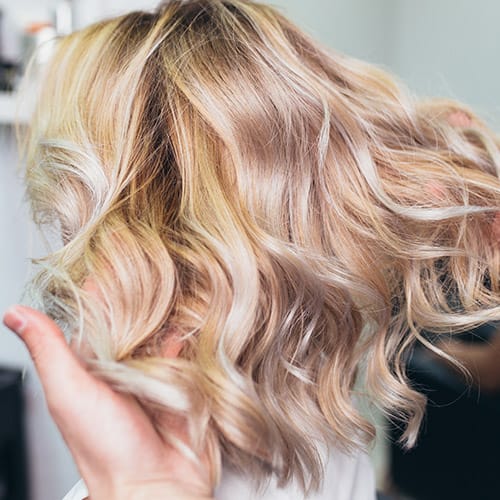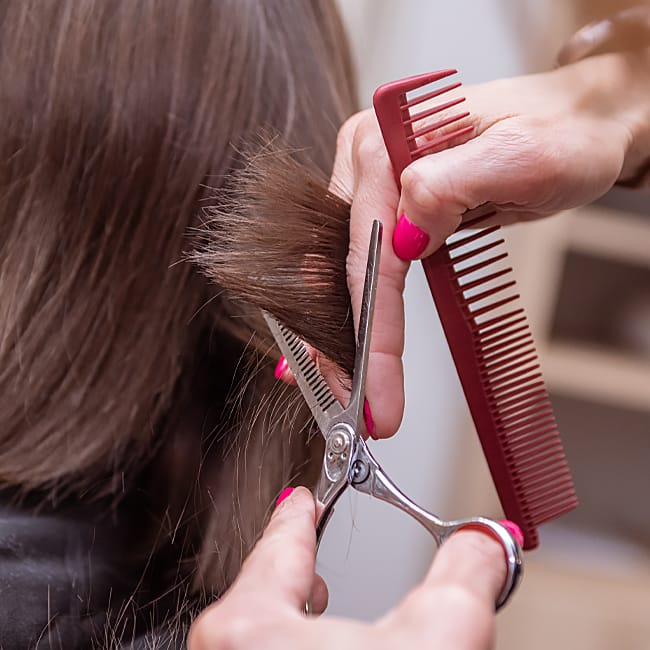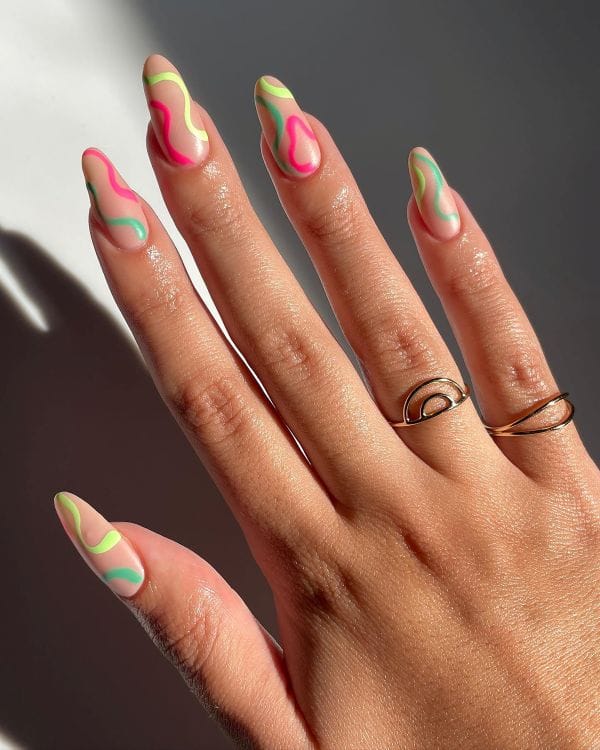This is an archived article and the information in the story may be outdated. Please check the time stamp on the story to see when it was updated last.
SheFinds receives commissions for purchases made through the links in this post.
Healthy hair should be a priority at every age, which is why dermatologists recommend following a nourishing hair care routine to ensure that your strands stay strong. Most say that hair health is greatly impacted by the overall health of your body, stressing that certain vitamin and mineral deficiencies can cause hair thin and become weaker.
In fact, one of the most common hair-related vitamin deficiencies is in vitamin D. Here’s how it affects your strands:


Vitamin D is great for skin, nails, and hair — one study suggests vitamin D can even create new hair follicles and help with hair loss. In most cases, low levels of vitamin D are linked to alopecia, according to a study published in Annals of Dermatology.

"Taking a natural vitamin supplement that is designed to boost hair growth can help, and even multivitamins can give your hair a boost," Dr. Joshua Zeichner, MD, director of cosmetic and clinical research in dermatology at Mount Sinai Hospital in New York City, says.
Dr. Janet Prystowsky, board-certified dermatologist and founder of Livad Skincare, says that vitamin D is not only great for hair but for the skin as well. "Vitamin D is special in that it is made in our skin. New research is unfolding how much a role vitamin D plays in skin function and wound repair," she tells Bustle.

Despite its long list of hair benefits, Dr. Fayne Frey, a dermatologist and founder of FryFace.com says that you won't see any real results unless you have a deficiency in vitamin D. She recommends consulting with your doctor to determine this before taking the supplement.
“Unless an individual is diagnosed with a particular deficiency, i.e. Vitamin D, or iron, there is little science that shows any supplementation has a direct benefit on health, including health of the skin," she stresses.
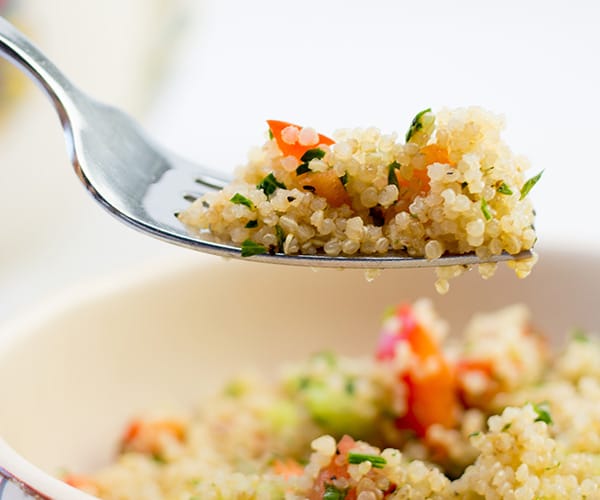
Not too keen on taking a supplement? Improving your diet can also help your hair! Francesca J. Fusco, MD, assistant clinical professor of dermatology at Mount Sinai Hospital in New York City, notes that eating a protein-rich diet can also help promote healthier, shinier strands.
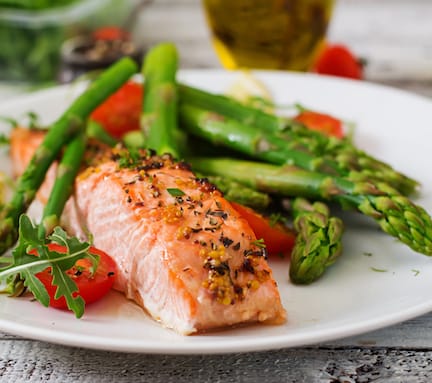
"Protein is critical to healthy hair," she tells Health.com. "Lean meat, fish, poultry, and beans are all great sources. Iron is also important; low iron can lead to anemia, which can lead to increased hair shedding. The great news is that with proper diet and supplementation, this type of hair loss is reversible."

SHOP NOW: Now Foods Vitamin D-3 ($7.01)
*Talk to your doctor before adding this vitamin into your hair care routine.





